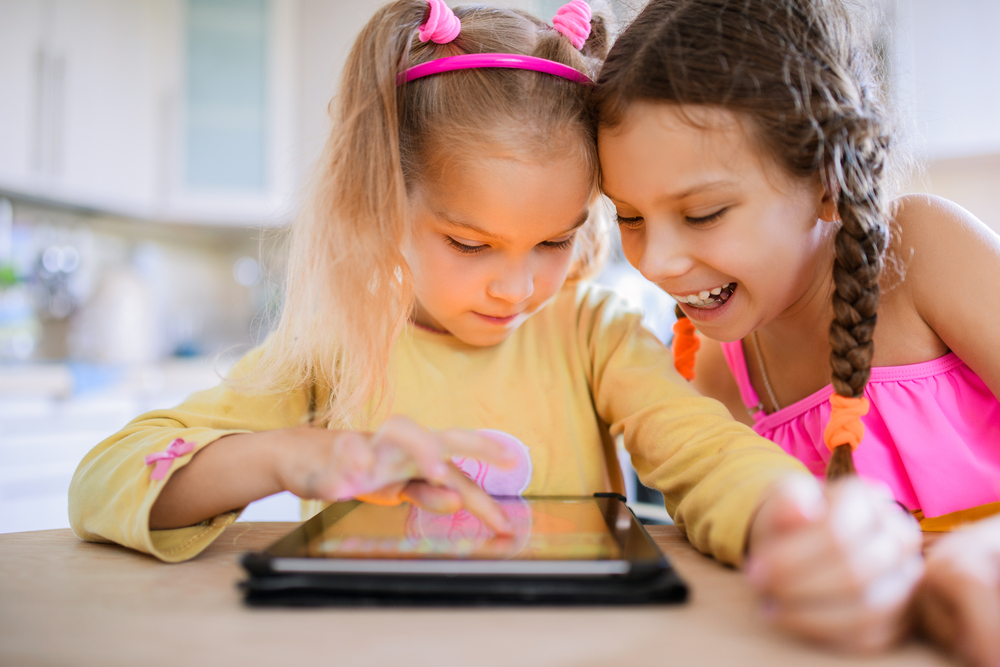
Are you anxious about the time your little ones spend looking at screens? Do you wonder if it affects their eyesight? If so, you are not alone. Many parents have the same concerns. It would be beneficial to explore the effects of screen time on children's eye health and tips to protect their vision.
What Is Screen Time?
Screen time is the time spent on devices with screens, such as TVs, video games, computers, tablets, and smartphones. Screen time can be educational, entertaining, or social. However, too much screen time can adversely affect children's health and development.
How Does Screen Time Affect Children's Eyes?
Screen time can affect children's eyes in several ways. Some of the common problems are:
Eyestrain: This is when the eyes get tired from focusing on a screen for too long. Headaches, hazy vision, dry eyes, and discomfort are possible side effects.
Myopia: Nearsightedness is another name for this condition. The eyes see close objects clearly but not distant ones. Looking at near objects, such as screens, too much and not looking at distant objects enough can cause it.
Blue light: This type of light comes from screens. Its characteristic high-energy, short wavelength can suppress the production of melatonin, which controls sleep and wakefulness, and affect the sleep cycle. It can also deteriorate the retina, the layer of cells that communicates light signals to the brain.
How to Protect Children's Eyes From Screen Time
It is best to take several simple actions to safeguard your kids' eyes from screen usage. Here are some suggestions:
Limit screen time: Children under two should not use screens, according to the American Academy of Pediatrics. Those two- to five-year-olds should have at most one hour of screen time daily. For older kids, it is best to balance screen time with other activities like reading, playing, and exercising.
Follow the 20-20-20 rule: This is a simple way to prevent eyestrain. Every 20 minutes or so, have your little one look at an object that is 20 feet away for approximately 20 seconds to relax their eye muscles and reduce fatigue. This rests their eyes.
Adjust the screen settings: You can make the screen more comfortable for your eyes by adjusting the brightness, contrast, and font size. By using a blue light filter or activating the night mode, you can also reduce your exposure to blue light.
Use proper lighting: Avoid screens in a dark room or direct sunlight. Use soft and natural lighting that does not create glare or reflections on the screen.
Encourage outdoor play: Spending time outdoors can help prevent myopia and improve overall eye health. It exposes the eyes to natural light and different distances. It also increases dopamine production, a chemical that regulates eye growth and prevents the eyeball from elongating excessively.
Conclusion
Screen time is a part of modern life, but it does not have to harm your children's eyes. Help your children use their devices securely and maintain the health of their eyes by adhering to these suggestions.
For more eye care tips, visit Vision Source Grove Heights at our office in Houston, Texas. Call (346) 782-0288 to book an appointment today.








